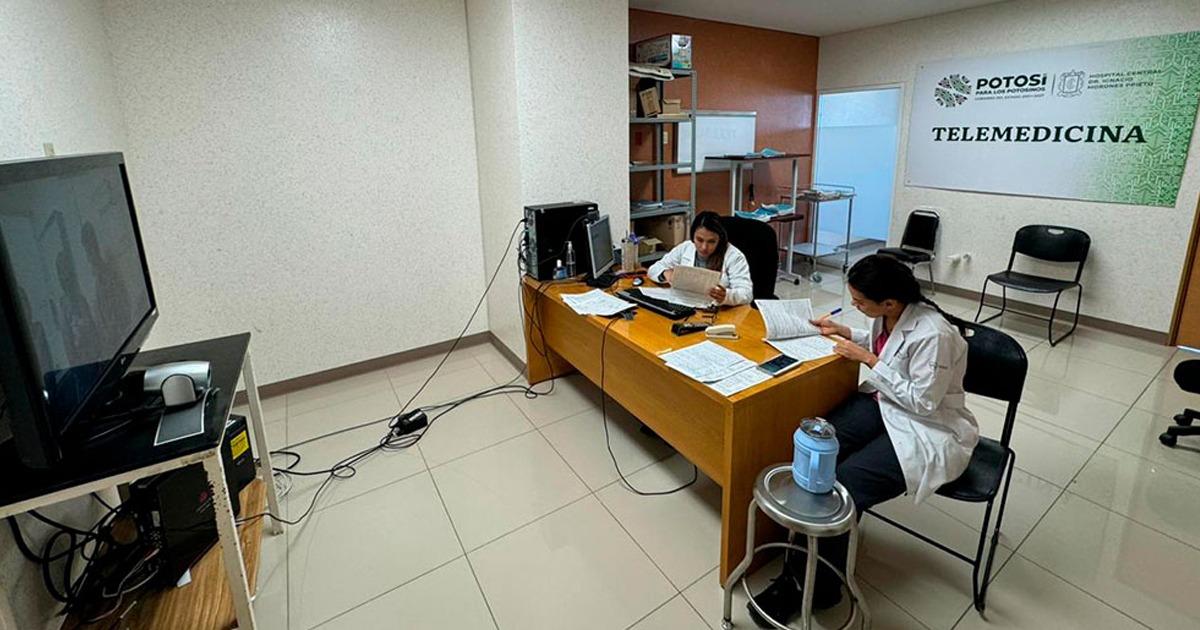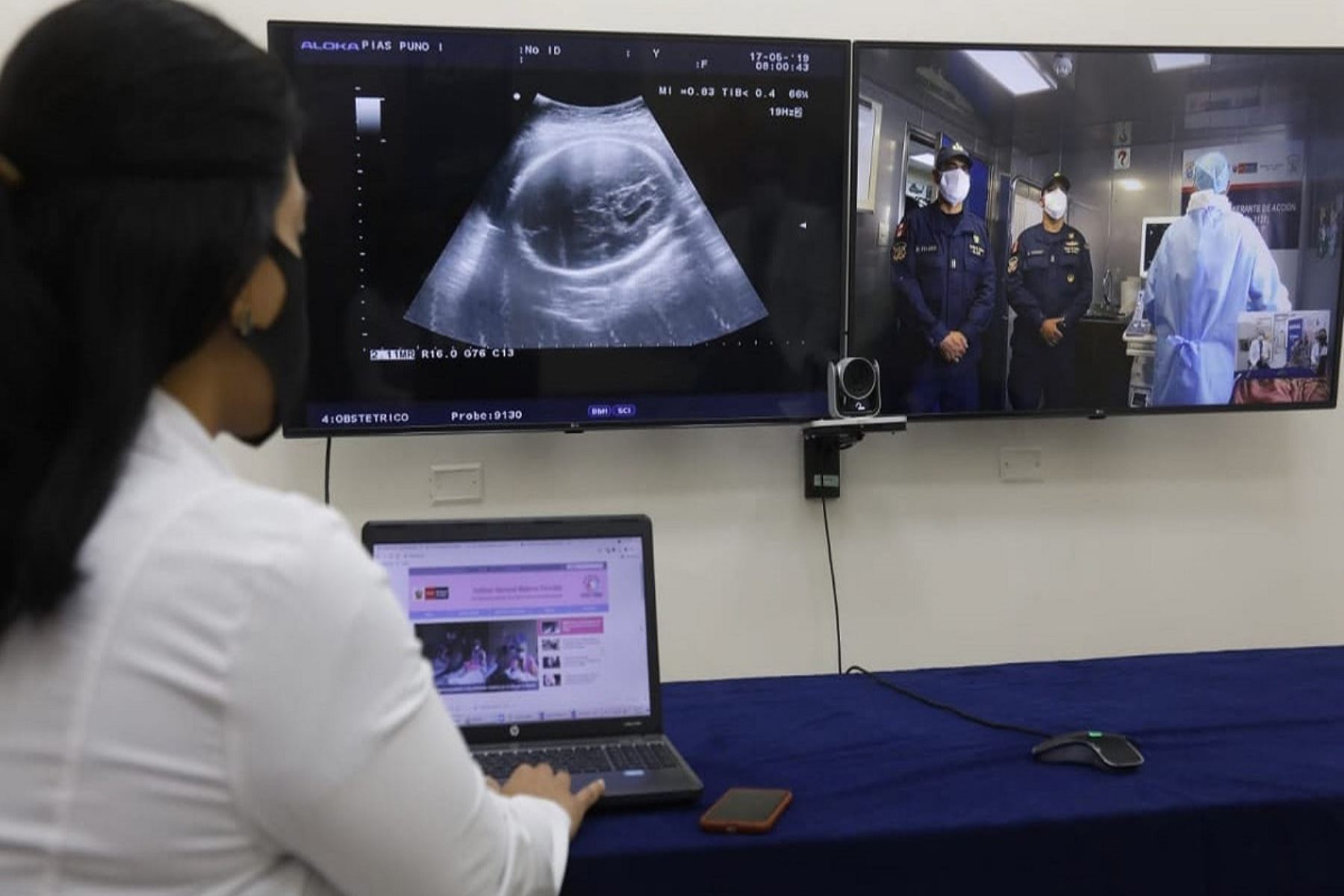This initiative is supported by the Inter-American Development Bank (IDB) and the Pan American Health Organization (PAHO) and the participating countries are Chile, Uruguay, Argentina, Paraguay, Colombia and Suriname.
Latin America has been one of the regions of the world most affected by COVID-19, however, in countries such as Chile and Brazil, vaccination policy is progressively advancing. Thus, in order to promote interoperable systems in times of emergency such as the current one, six countries in the region, with the support of the IDB and PAHO, have agreed to implement a common vaccination certificate.
The project will be led by Chile's National Center for Health Information Systems (CENS), a health technology agency belonging to the University of Chile. May Chomali, executive director of CENS, explained that the purpose of the project is to "help generate local competencies in standards and data governance that will enable the exchange of clinical healthcare information and the surveillance of epidemiological data".

The project will be led by Chile's National Center for Health Information Systems (CENS), a health technology agency belonging to the University of Chile. May Chomali, executive director of CENS, explained that the purpose of the project is to "help generate local competencies in standards and data governance that will enable the exchange of clinical healthcare information and the surveillance of epidemiological data".
This initiative will focus on three main areas: interoperability and exchange of clinical health care records; interoperability and data exchange for public health surveillance; and cross-border telehealth.
The project will receive US$850,000 in funding from the IDB and its Strategic Program for Integration Development. Jennifer Nelson, IDB digital health solutions specialist, had this to say about this proposal and the need to make investments at critical times like the present: "Now is the time to make the important investments to better respond to this pandemic and those of the future. Covid-19, although it has brought a lot of pain, has revealed important health issues. We know that in the vaccine context we are going to need systems that follow international standards and can truly monitor and track all the information.






